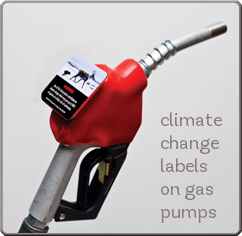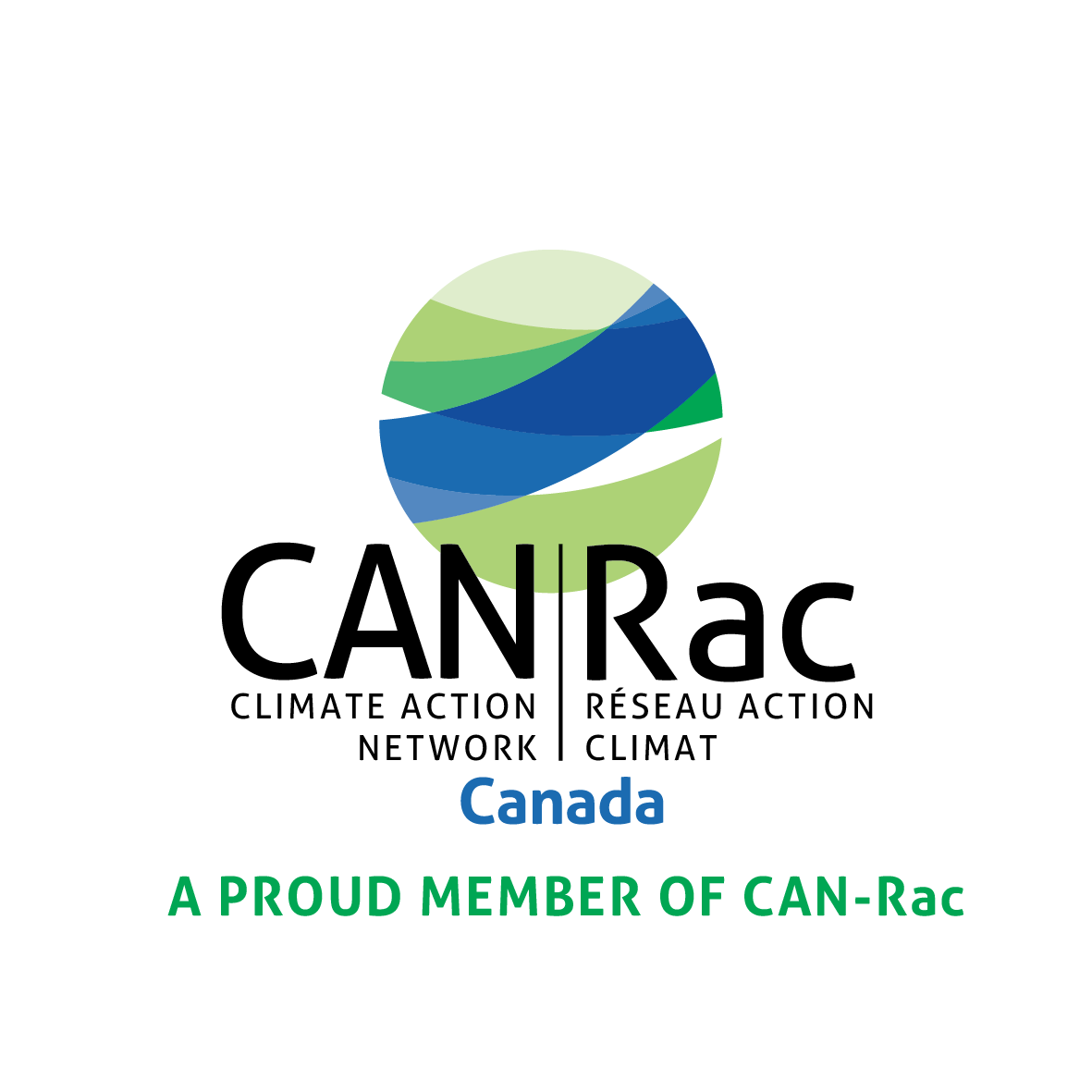Facing Our Addiction
“We have an addiction to fossil fuels, and it’s not sustainable.”
– David MacKay, Chief Scientific Adviser to the UK’s Department of Energy and Climate Change
To many of us, this statement seems obvious, and we’ve heard it echoed a million times. Fossil fuels are finite, and clearly can’t be used forever, and though useful burning them has led to some unbelievably mind-boggling problems.
Still, it’s easy to get hung up on that little word ‘addiction’ in statements like this, wondering if it really applies. Fossil fuels are just a necessary part of our present global economy, plain and simple: can we really say we’re addicted?
“Might as well face it, you’re addicted to… fossil fuels?”
Rob Hopkins, founder of the Transition movement, brings an interesting perspective. He defines addiction as “stuck patterns of behavior that can be difficult to change even when we know they’re causing harm”. Huh. By this definition, our industrialized societies are heavily addicted to fossil fuels. Yet because the addiction is so widespread, and of course has its benefits, it can be easy to ignore the early warning signs that tell us we’re headed in the wrong direction.
400ppm of atmospheric CO2 concentration; 0.8°C temperature rise and a 0.1 drop in global ocean pH since the start of the Industrial Revolution; a summer polar ice cap that has shrunk more than 20% since 1979… alone, these numbers may not seem alarming in and of themselves, but they need to be put in context. The oceans are absorbing about 1/3 of the CO2 we pump into the air and rapidly acidifying, greatly affecting marine life (and us); 400ppm takes us far beyond the upper ‘safe limit’ that scientists have already pegged down at 350ppm; and a 0.8°C rise has already shown disastrous consequences, harbingers of things to come.
“I got a fever… and the only cure is more cowbell.”
We are running up a planetary fever. Predictions today estimate that if we continue on our present path of widespread fossil fuel addiction, we could see the average global temperature rise by 6°C or more within this century (despite many countries, including Canada, officially agreeing to a 2°C limit). If this was human body temperature we were talking about, that number could be fatal. Why should we assume the planet’s system is any less sensitive?
As they say in the addictions field: “If you carry on the way you’re going, you’ll end up where you’re headed” – and where we’re headed will lead to no less than a overdose on fossil fuels. We’ve found ourselves in a vicious cycle of dependency, where we often feel backed into a corner with few other options. As a result, we end up demanding a product that many of us wish we didn’t have to use. That demand, in turn, continues to prop up a broken system that desperately needs to transform its energy use. In order to break the cycle, we need some kind of intervention to shake us to our senses – fast.
“Our Intervention”
Our project is that intervention: we’re that trusted friend who’s tapping you on the shoulder and saying “Hey… we need to talk – we need to face the reality of where we’re headed.” Our labels do just that. They’re a caring, but sober, reminder for us to listen to our doctors. They’re a reflection of the fact that we know we’re running out of time, and we can’t afford to wait to hit rock bottom before waking up. Ultimately, they’re a message of hope that we can overcome this painful addiction, and move towards a brighter low-carbon future.
Remember: the Stone Age didn’t end because we ran out of stones, and the Petroleum Age won’t end because we run out of fossil fuels. Let’s wake up and face the addiction. #FaceTheChange
 Kai Reimer-Watts
Kai Reimer-Watts
Director of Operations
Our Horizon
Filed in: blog













Comments (1)
Trackback URL | Comments RSS Feed
Sites That Link to this Post